For the fourth time, the Environmental Investigation Agency (EIA) has published its annual report ‘Chilling Facts’ evaluating the progress of UK and other European food retailers in adopting HFC-free refrigeration. The report shows that a wave of climate-friendly supermarkets is spreading across Europe, however, challenges remain in Southern and Eastern Europe. Updated: Natasha Hurley from EIA presented the key highlights of the report duri

For the first time, the EIA has broadened the scope of the Chilling Facts report from UK supermarket industry to European retailers. “Findings from this year’s survey reveal European retailers are ready for change, with many voluntarily committing to HFC phase-outs”, the report reads.
Natasha Hurley from EIA outlined the main findings of the survey at the ATMOsphere Bangkok, a side event organised by shecco, which was held during the 32nd Open-Ended Working Group meeting of the Parties to the Montreal Protocol. According to her presentation, “Retailers report significant energy efficiency gains: energy efficiency and HFC-free cooling go hand-in-hand”. Commenting on this year’s extended scope of the survey, Natasha said “it is interesting to see different attitudes between UK and European retailers, this shows that retailers have a lot to learn from each other.”
Seven retailers (Tesco, Sainsbury’s, Coop Switzerland, Coop Norway, Migros, Co-op UK and Waitrose) out of the 17 that participated in the survey are committed to rolling-out natural refrigerants in all new stores. Another five (Carrefour, Marks & Spencer, Delhaize, Ahold and Metro Group) are committed to HCF-free refrigeration in all new stores from 2015, while two other members of the Consumer Goods Forum (Mercator and Alpha Beta) have not yet officially pledged their HFC phase-out plans. Finally UK retailers Lidl, Aldi and Iceland have yet to make a commitment to transition to HFC-free technologies.
44% increase in HFC-free stores in the UK
While only 14 stores operated with climate-friendly refrigerants in the UK in 2008 when the survey was launched, this year’s publication reveals that 344 stores across the country use HFC-free refrigeration equipment, which is a 44% increase compared to last year’s findings. Importantly, the report highlights that thousand of engineers have been trained to service these stores.
In contrast to previous years, the EIA has not ranked the retailers as their efforts are converging. While Sainsbury’s and Waitrose have made an impressive progress in rolling-out of HFC-free refrigeration, Tesco’s progress is stagnating with only 14 new stores HFC-free stores this year, falling short of their commitment to have 150 by 2012.
Co-operative and Marks & Spencer have also made significant progress with the former retailer increasing the share of stores using natural refrigerants from 5% last year to 15% today and the latter bringing the count of stores with climate-friendly refrigeration from 25 to 42. The report also notes that Aldi and Lidl have rolled out HFC-free freezers, but a similar action in chilled food systems has not yet been done.
Significant differences in geographical regions of Europe
While taking a broader look at the European supermarket industry, the EIA report highlights wide regional variations in prioritising climate-friendly cooling:
Lack of movement on food transport refrigeration
The report notes that "progress on identifying sustainable alternatives for food transport refrigeration remains extremely disappointing", which especially with the increased popularity in home deliveries becomes a challenge that needs to be addressed with urgency.
Natasha Hurley from EIA outlined the main findings of the survey at the ATMOsphere Bangkok, a side event organised by shecco, which was held during the 32nd Open-Ended Working Group meeting of the Parties to the Montreal Protocol. According to her presentation, “Retailers report significant energy efficiency gains: energy efficiency and HFC-free cooling go hand-in-hand”. Commenting on this year’s extended scope of the survey, Natasha said “it is interesting to see different attitudes between UK and European retailers, this shows that retailers have a lot to learn from each other.”
Seven retailers (Tesco, Sainsbury’s, Coop Switzerland, Coop Norway, Migros, Co-op UK and Waitrose) out of the 17 that participated in the survey are committed to rolling-out natural refrigerants in all new stores. Another five (Carrefour, Marks & Spencer, Delhaize, Ahold and Metro Group) are committed to HCF-free refrigeration in all new stores from 2015, while two other members of the Consumer Goods Forum (Mercator and Alpha Beta) have not yet officially pledged their HFC phase-out plans. Finally UK retailers Lidl, Aldi and Iceland have yet to make a commitment to transition to HFC-free technologies.
44% increase in HFC-free stores in the UK
While only 14 stores operated with climate-friendly refrigerants in the UK in 2008 when the survey was launched, this year’s publication reveals that 344 stores across the country use HFC-free refrigeration equipment, which is a 44% increase compared to last year’s findings. Importantly, the report highlights that thousand of engineers have been trained to service these stores.
In contrast to previous years, the EIA has not ranked the retailers as their efforts are converging. While Sainsbury’s and Waitrose have made an impressive progress in rolling-out of HFC-free refrigeration, Tesco’s progress is stagnating with only 14 new stores HFC-free stores this year, falling short of their commitment to have 150 by 2012.
Co-operative and Marks & Spencer have also made significant progress with the former retailer increasing the share of stores using natural refrigerants from 5% last year to 15% today and the latter bringing the count of stores with climate-friendly refrigeration from 25 to 42. The report also notes that Aldi and Lidl have rolled out HFC-free freezers, but a similar action in chilled food systems has not yet been done.
Significant differences in geographical regions of Europe
While taking a broader look at the European supermarket industry, the EIA report highlights wide regional variations in prioritising climate-friendly cooling:
- Northern and Western retailers are frontrunners in phasing out HFCs. Leaders in this region include Coop Switzerland with 135 HFC-free stores, Ahold Netherlands with 175 hybrid stores and Migros Switzerland with 149 hybrid and HFC-free stores.
- Retailers in Southern and Eastern Europe, such as Alpha Beta in Greece, Mega Image in Romania and Mercator in Slovenia and lagging far behind with no or very little action on HFC phase-out.
- The situation in Central Europe is mixed. While there are 35 Tesco stores in Hungary running with HFC-free refrigeration, the same retailer has also built 60 new stores using HFCs in Poland. The EIA has expressed concern over this development, especially in view of Tesco’s commitment from last year to roll-out natural refrigerants in all news stores in the UK and Central Europe.
Lack of movement on food transport refrigeration
The report notes that "progress on identifying sustainable alternatives for food transport refrigeration remains extremely disappointing", which especially with the increased popularity in home deliveries becomes a challenge that needs to be addressed with urgency.
MORE INFORMATION
Related stories


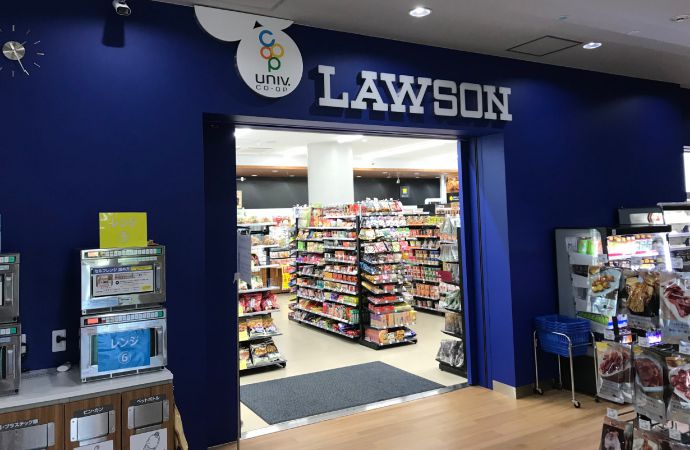
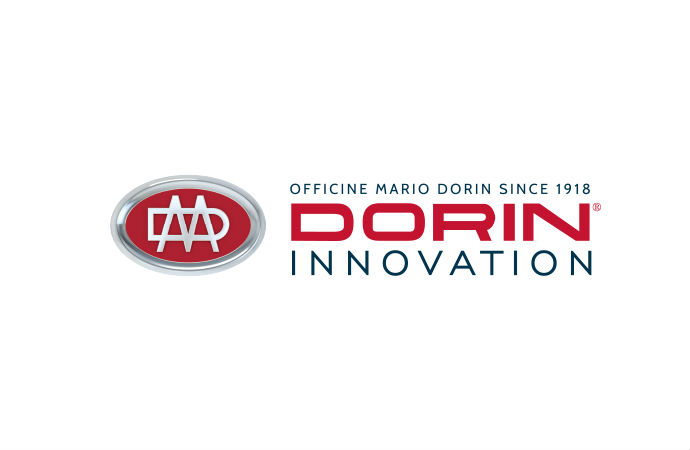


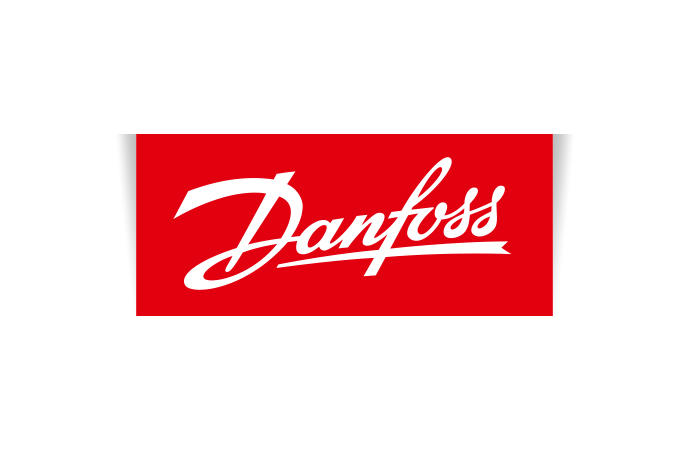
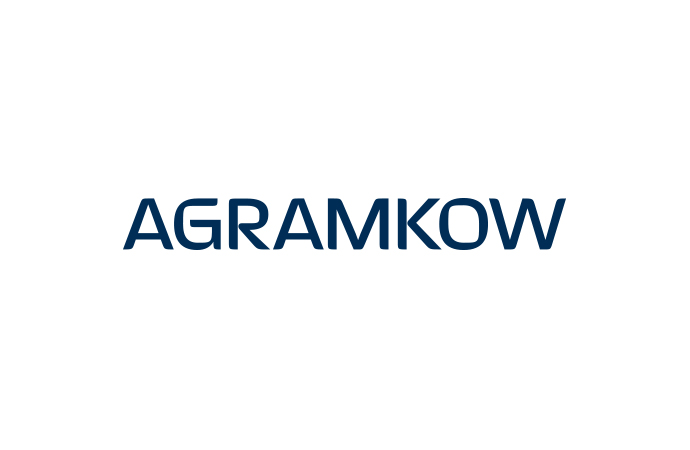
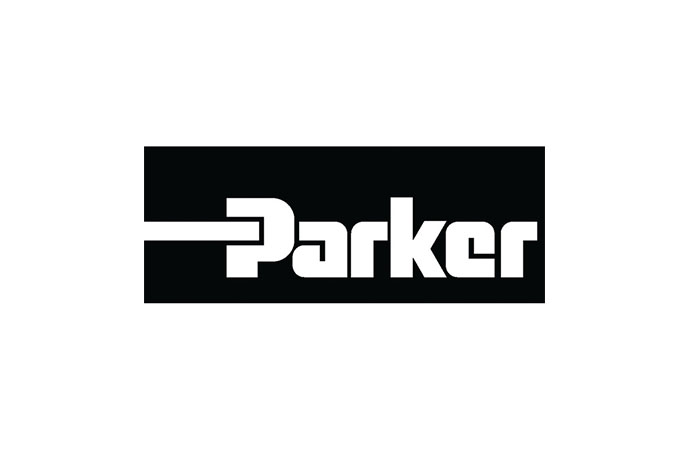
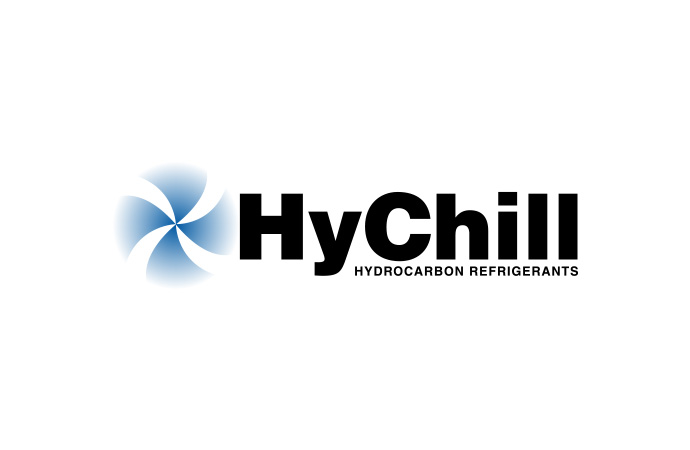
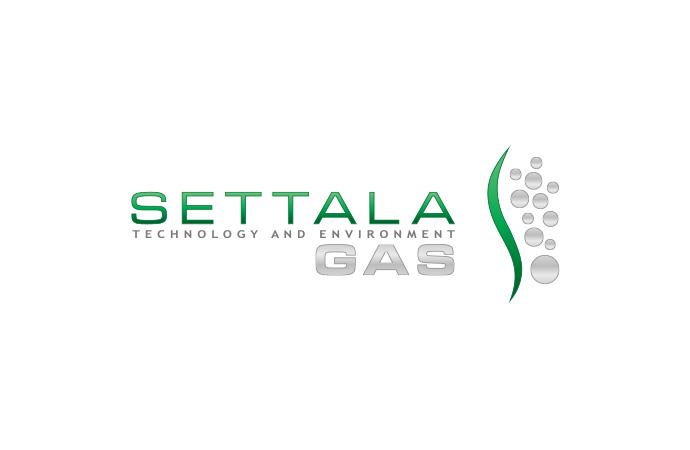
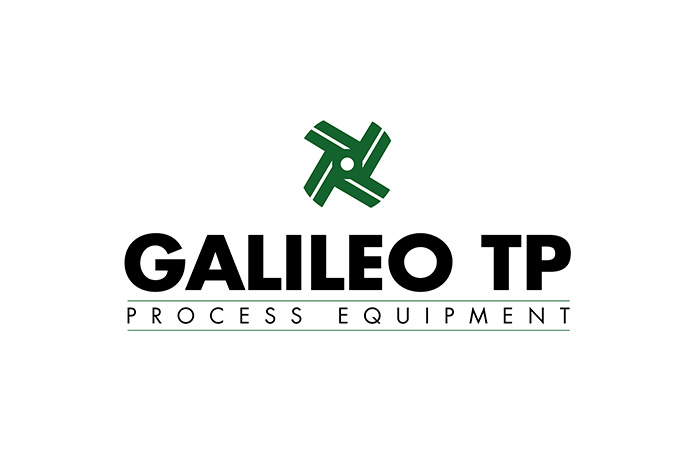

_1490973133.png)
